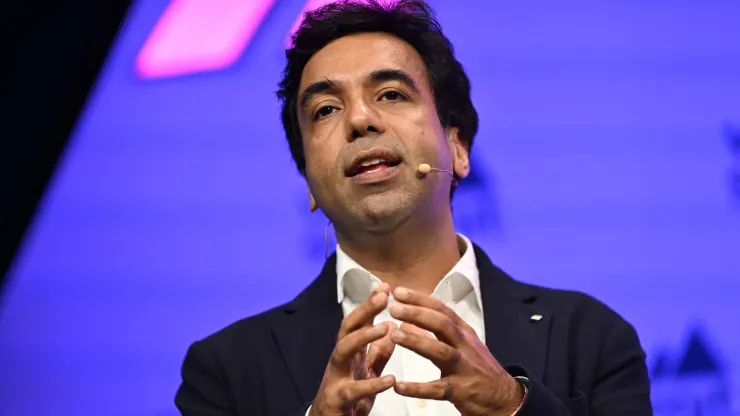Digital bank Starling has announced it will not re-apply for a European Union banking license, opting instead to pursue international expansion through its proprietary software business. This strategy marks a departure from the approach taken by some of its competitors.
Starling, one of the U.K.’s prominent “neobanks,” is a digital-only bank without physical branches. Launched in 2014, Starling has grown to serve 4 million customers and was last valued at £2.5 billion ($3.2 billion). Traditionally offering banking services such as current accounts and lending, Starling’s customer base is primarily in the U.K. The company had aimed to expand into the EU by applying for an Irish banking license, which it withdrew in 2022.
In his first public remarks since becoming CEO in March, Raman Bhatia outlined Starling’s plans for international growth. Bhatia took over from founder Anne Boden and has since shifted the company’s focus away from reapplying for an EU banking license. Instead, Starling’s international expansion will be driven by Engine, a software platform that the bank sells to other companies, allowing them to establish their own digital banking services.
“I am very bullish about this approach around internationalization of what is the best of Starling, the proprietary tech versus market by market, idiosyncratic regulatory regime, capital requirements, and building trust and brand extension, which is unproven for any plan,” Bhatia said during a fireside chat at the Money 2020 conference.
Bhatia highlighted the significant opportunities in regions such as Thailand and the Middle East. He emphasized that Engine offers a unique model among neobanks, which traditionally focus on consumer-facing apps and services. Starling is betting on its ability to sell this technology to other financial institutions.
Engine’s first customers include Salt Bank in Romania and AMP in Australia. Bhatia expressed a desire to “double down” on the Engine strategy to capture market share in the enterprise software space. This pivot reflects Starling’s confidence in its technology and its potential to drive growth on a global scale.
By leveraging Engine, Starling aims to navigate the complexities of international markets more effectively than by pursuing individual banking licenses. This approach allows the bank to capitalize on its technological strengths while circumventing the challenges of regulatory compliance and brand establishment in new markets.
READ MORE:
